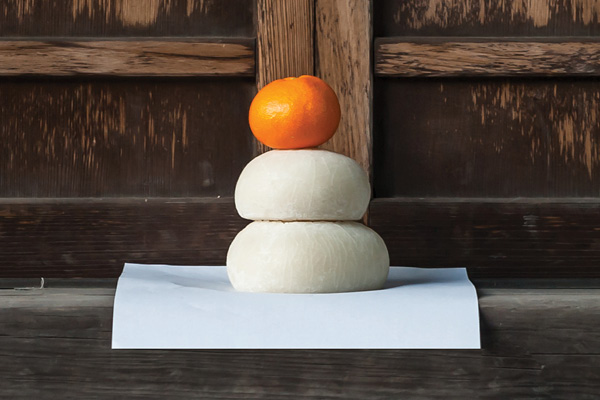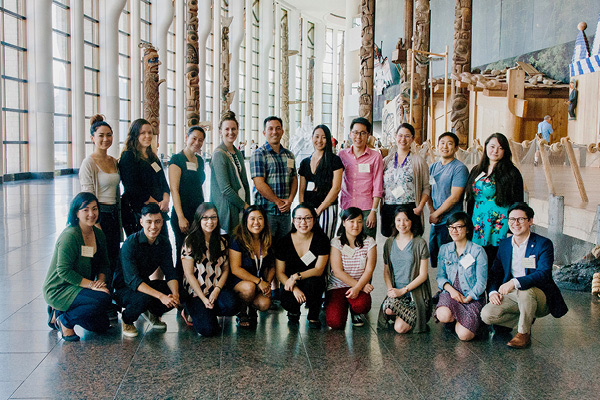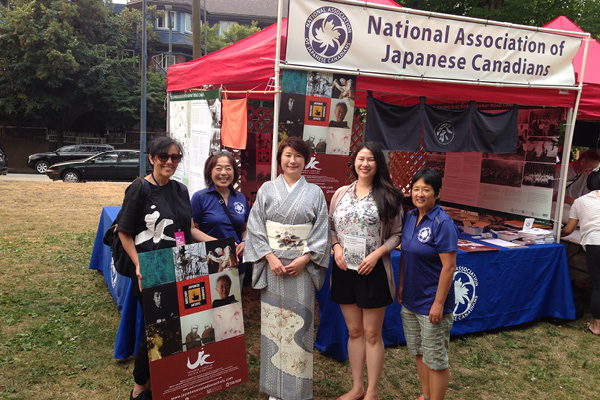Japanese Canadian Redress Settlement
20th Anniversary Celebration
Website: http://redressanniversary.najc.ca/redress/conference.html
Q: What is the most important date in the history of Canadians of Japanese origin?
A: September 22, 1988, of course.
This is the date on which the process of renewal began for all Japanese Canadians. For the first time in our history, we felt enabled to contribute to Canadian society as first class citizens.
The Government of Canada acknowledged the injustices committed against Japanese Canadians during and after World War II, and pledged that such events will not happen again. The signing of the Redress Agreement and Acknowledgement by the Government of Canada was an event of national celebration for all Japanese Canadians and their supporters.
The Japanese Canadian Redress Settlement was indeed an important event in the history of Canada setting a historic precedent which set the stage for other minority groups to present their issues with hope of resolution. However, there are today some in our community who have little knowledge about this history, and a few who feel no connection to this. In fact, one might say the use of the term, Japanese Canadian, in itself is fast becoming extinct.
This may be attributed to the rapidly changing demographics of Japanese Canadian society. Those of us who continue to speak as Japanese Canadians are generally with memory of the internment and of discriminated lives before and after the War, and we are fast disappearing. The nisei were treated by our governments as merely Japanese and, to our chagrin, not acknowledged as Canadians born in Canada. We had felt the necessity to add and to emphasize the word Canadian. We remember that in 1942, together with our naturalized Canadian parents, we were labeled enemy aliens, and shipped to internment camps, even though many of our families were into their third generation in Canada established in various occupations, owning lands and businesses.
More recently, the word Nikkei, has cropped into our vocabulary. However, this term in itself does not define Canadians of Japanese ancestry, but persons of Japanese ancestry living outside of Japan. So, Canadian Nikkei may be the correct term. But Nikkei is appropriately used by landed immigrants, awaiting citizenship.
With intermarriage rates rising as high as 95%, I note that some young people are using the term, hapa, in describing themselves. A Hawaiian term, meaning `a fragment, or partial’, I am informed that it is used in conjunction with other descriptors, i.e., hapa haole (part Caucasian/white), and hapa kepani (part Japanese), with even the term hapanese being encountered.
Whatever we call ourselves, we are Canadians, and proud to share in the making of its history. What is great about anniversaries, and particularly the 20th anniversary of Japanese Canadian Redress Settlement still within grasp of our memory, is that we are given an opportunity to visit the past, not to stay there, but to review where we are going. Individual and community struggles were necessary to bring about the change required to move forward, and while each of us may today identify ourselves differently as Canadians, the main thing is, I believe, to continue to remember the importance of what was achieved on September 22, 1988, and to act on the responsibilities we inherited to safeguard the future, the precious but often fragile freedom of expression to be whoever we choose to be.



